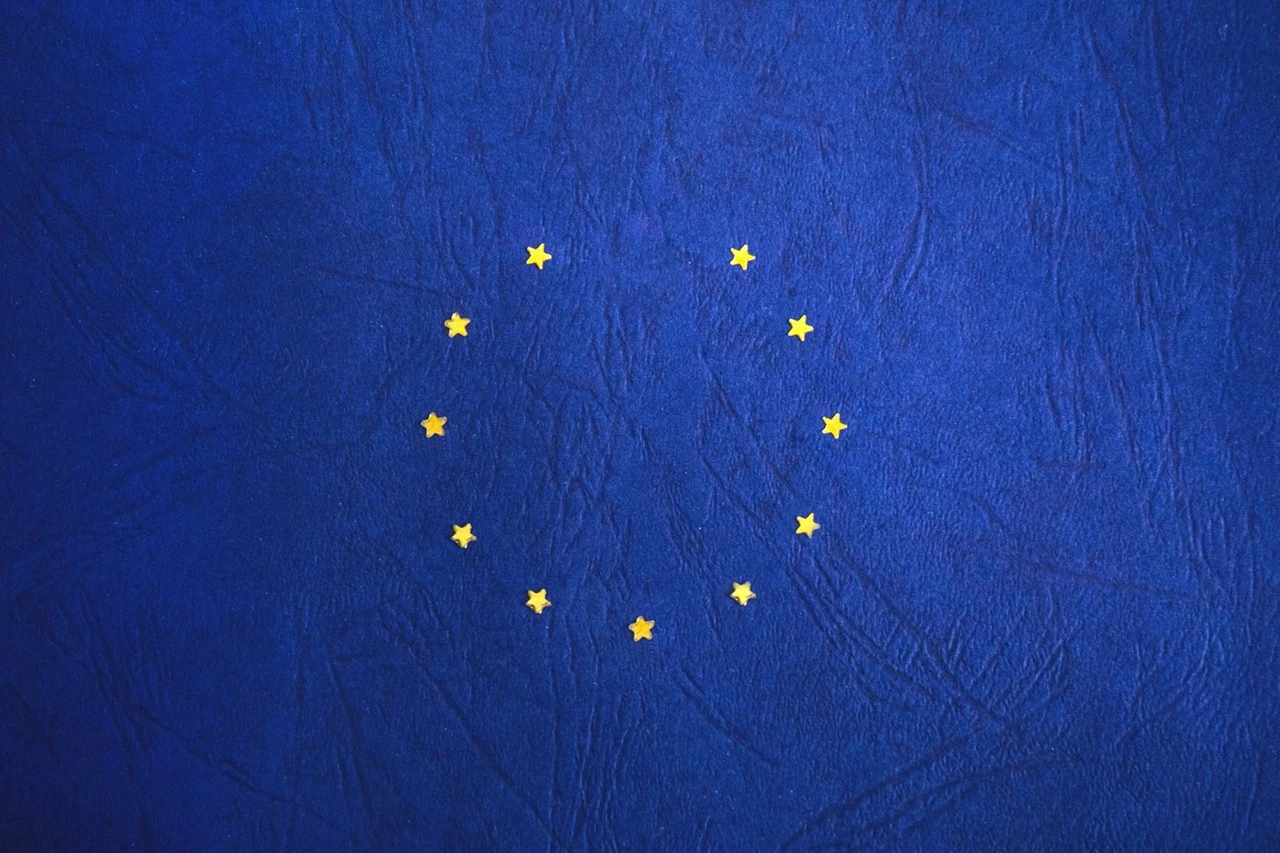
KPMG: 'UK economy tumbling due to Brexit troubles'
According to KPMG UK’s quarterly Economic Outlook, Brexit uncertainty and a lack of trust has made the short-term outlook for the UK economy bleak.
KPMG has revised its expectations of GDP growth to 1.2 per cent for 2019, down from 1.6 per cent cited in December, marking the lowest rate of growth since 2008-2009.
However, the forecast for 2020 remains unchanged at 1.5 per cent.
Consumer spending, although weak, remains the main force supporting the economy and is expected to grow by 1.4 per cent in 2019 and 2020.
Yael Selfin, chief economist at KPMG UK, said: “The lack of clarity around Brexit, the disappointing data in the Eurozone, the waning stimulus in the US and a slowdown in China are making for a challenging environment.
“This cocktail of uncertainty and dwindling short-term prospects has also had a knock-on effect on business investment, which has continued to slump and is expected to shrink by 0.2 per cent in 2019 as a whole, as businesses choose to further postpone their investment plans.”
Yael continued: “Brexit aside, the government needs to focus on longstanding challenges that have plagued the UK for some time, such as weak productivity and the rising disparity of opportunities across the UK.
“Tackling these issues will go a long way in helping the UK economy to reach its potential.”
Supposedly low levels of unemployment - projected to remain near record lows increasing to only 4.1 per cent (from four per cent) in mid-2019 and 2020 - and resilient increases in wages could potentially maintain confidence across British households.
Regardless of the outcome of Brexit, the EU will continue to be one of the largest markets for the UK by virtue of its size and proximity.
Based on KPMG analysis, seven EU countries currently feature among the top 10 largest potential trading partners for the UK, representing 49 per cent of UK’s potential exports market, with Switzerland accounting for another three per cent.
The two largest world economies, China and the US are the only non-European economies among the top 10.
Yael Selfin concluded: “The UK’s current role within ‘factory Europe’ cannot be taken for granted. The trade links currently most at risk are those which form part of existing production chains.
“In the event of a reversion to trade on the basis of WTO rules, these links would be disrupted. Ultimately, such barriers to trade could lead to a reorganisation of value chains that bypass the UK entirely.”
Looking to promote your product/service to SME businesses in your region? Find out how Bdaily can help →
Enjoy the read? Get Bdaily delivered.
Sign up to receive our popular morning National email for free.




 test article 123456789
test article 123456789
 hmcmh89cg45mh98-cg45hm89-
hmcmh89cg45mh98-cg45hm89-
 test456456456456456456
test456456456456456456
 test123123123123123123
test123123123123123123
 test xxxdiosphfjpodskhfiuodsh
test xxxdiosphfjpodskhfiuodsh
 Savour the flavour: North Tyneside Restaurant Week returns for 2024
Savour the flavour: North Tyneside Restaurant Week returns for 2024
 Six steps to finding the right buyer for your business
Six steps to finding the right buyer for your business
 Stephen signs off on a special night
Stephen signs off on a special night
 Life’s a Peachaus: Gillian Ridley Whittle
Life’s a Peachaus: Gillian Ridley Whittle
 Making a splash: Phil Groom
Making a splash: Phil Groom
 Making workplace wellbeing a priority
Making workplace wellbeing a priority
 A record of delivery, a promise of more: Ben Houchen
A record of delivery, a promise of more: Ben Houchen